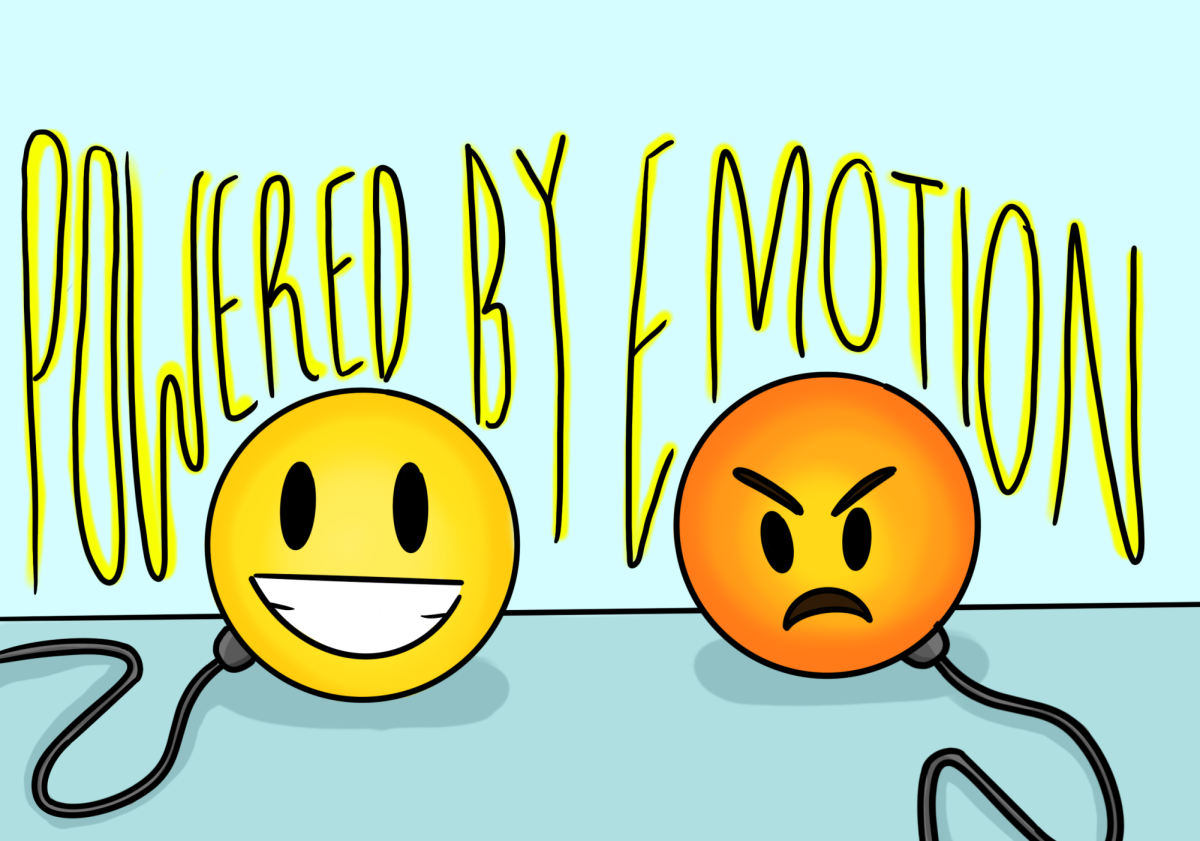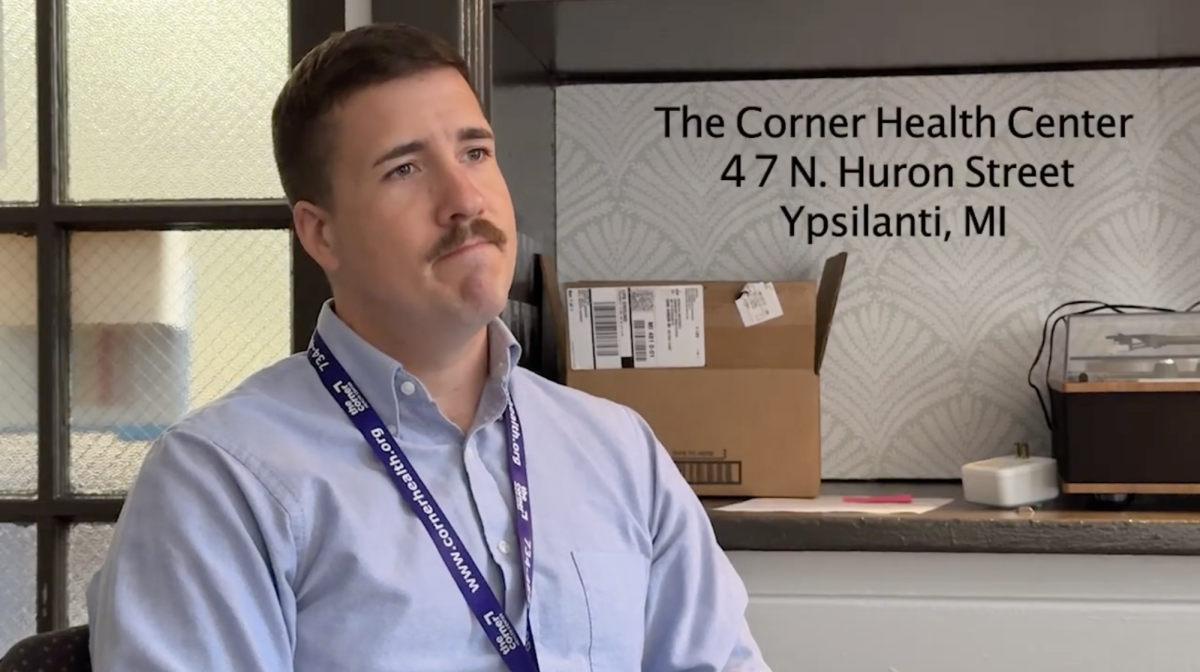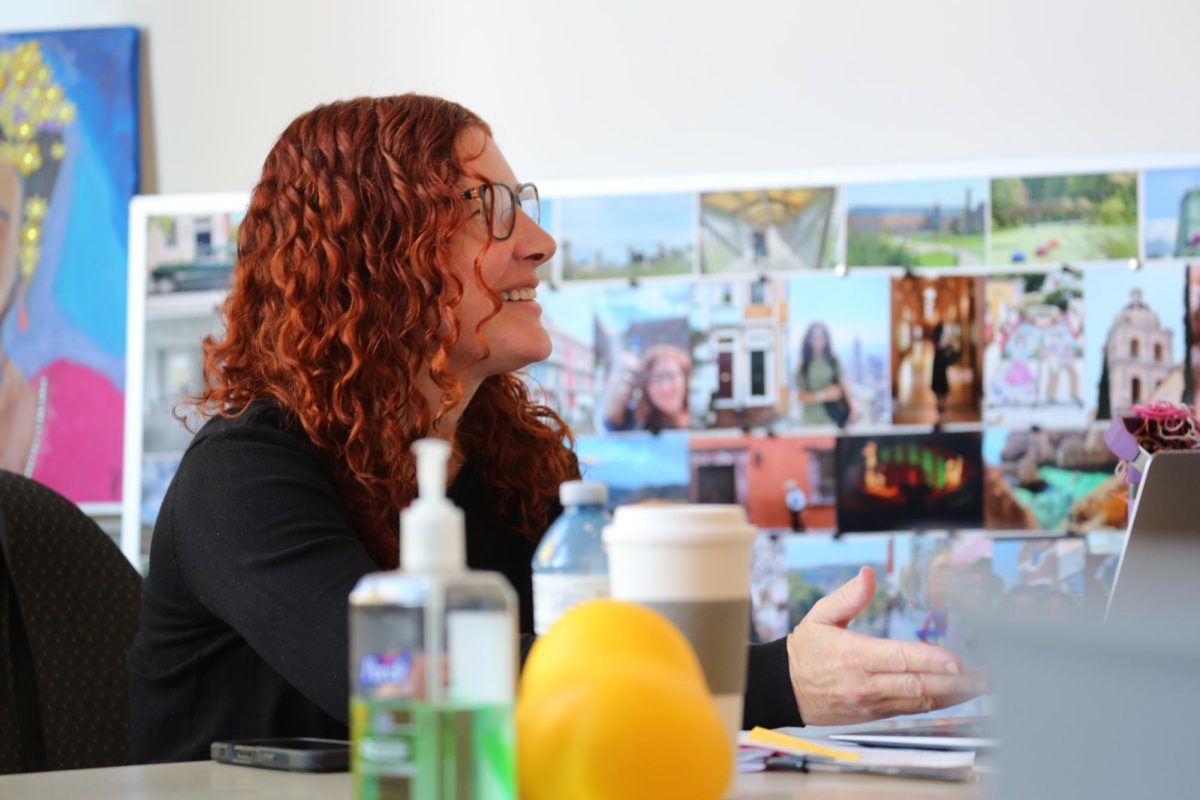It is strange how political themes endure over hundreds of years.
“The reason we can still read books from hundreds or thousands of years ago and they can still make sense to us, is because they’re still grappling with a lot of the same problems we’re grappling with today,” CHS Philosophy and World History teacher Robert Lavelanet said.
Problems of how to find love, fulfillment, respect, belonging, and happiness. Emotions that have been around forever.
Adam Smith, a Scottish economist, observed that the rich want things and are greedy because deep down, they seek security, happiness and respect. Society tells them that the way to achieve these things is to accumulate physical objects and wealth, so they accumulate these things in order to satisfy their need for recognition.
Although Smith wrote in the 1700’s during the Scottish Enlightenment period, the essence of his observations still applies today. We see similarities between factory owners from hundreds of years ago and CEOs of large businesses now.
“There was this semi recent scandal with Elon Musk who is obviously one of the world’s wealthiest men,” Lavelanet said. “He was kind of caught lying about being good at video games. He seems to really want to present a persona that he’s very capable in a lot of things. You know, he’s both an electric car manufacturer and a space pioneer. And he often repeated this idea that he was very good at a video game called Diablo. But some people investigated this and realized the account he claimed was his, was sometimes playing the game while he was giving interviews at other events. [So the] immediate question is, why would you do that? It’s very odd. I mean if you’re so rich, obviously you could afford to have people play video games [for you]. But why would you want to? And I think part of the reason is, he wants to establish this persona that he’s kind of cool, and he plays video games and he goes to space and he builds cars.”
Another philosopher is Niccolo Machiavelli. The political theorist wrote in the 1500’s about how people gain and maintain power. In his book The Prince, he writes about how there’s not necessarily a bias towards moral or ethical rulers. There’s a bias towards princes who deliver what the people want or need in real time.
“Sometimes the people need things, you know, they want better food, they want better housing, they want more health care or security, and so the prince has to be efficient and deliver that. But other times, the people want a feeling of patriotism or they want a feeling of pride. And if the prince knows how to deliver on those feelings for the population then sometimes, they’ll tolerate less secure housing situations or poorer health care,” said Sean Eldon, an English teacher at CHS.
“I think [Machiavelli showed] a lot of foresight about the modern day,” Eldon said. “That people will tolerate things like, attacks on their neighbors if they feel that the person doing the attacking is standing up for America.” said Eldon when making connections to Machaivelli’s work in The Prince.
At the end of the day, the need to feel secure drives a lot of people.
“Part of the reason I think these things repeat is that I don’t think human nature changes that much. People still want the respect and admiration of others,” Lavelanet said. “Now, how you get that respect and admiration changes. In this case, I guess Musk thinks some people really think being good at video games is cool, and maybe it is. You know, I think as long as that exists, I think it’s gonna be really hard to change that system, that people will seek wealth as a means to gain respect, because they think that’s what other people respect or care about.”
People are people. Human nature doesn’t change all that much. And the emotions behind people’s choices and actions stay the same, even over hundreds of years.










